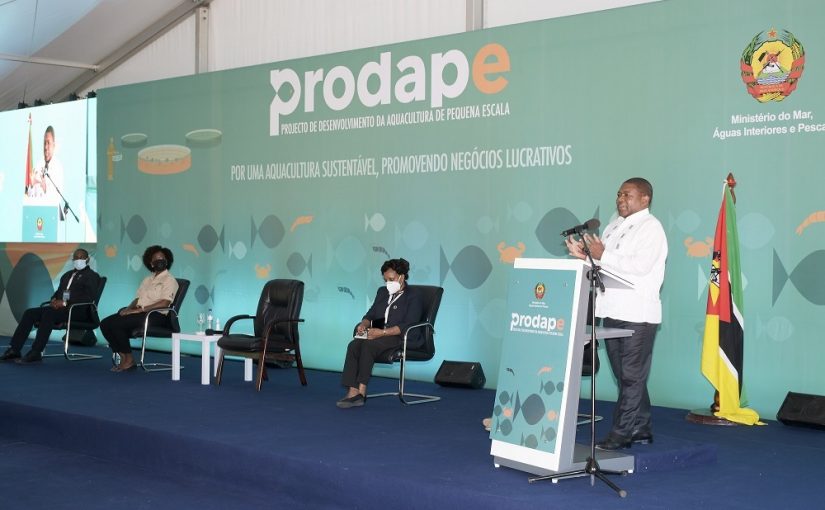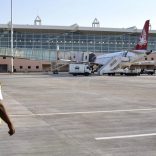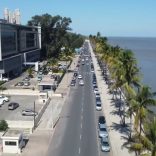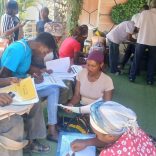Mozambique’s aviation sector ‘not in the best shape’, says transport minister
Mozambique plans aquaculture production of 24,000 tonnes by 2020 – AIM

Photo: Presidency of the Republic
Mozambican President Filipe Nyusi on Friday announced the target, over the next five years, of 24,000 tonnes of annual aquaculture production across the country, compared to the 3,000 tonnes achieved in 2020.
Nyusi announced the new target at the launch of the Small Scale Aquaculture Project (PRODAPE), budgeted at 49 million US dollars and which will be implemented in 23 districts of seven Mozambican provinces namely Tete, Manica, Sofala, Zambezia, Nampula, Niassa and Cabo Delgado, generating 17,000 jobs.
“With PRODAPE we trust that conditions have been put in place for the country’s aquaculture production to become consistent and robust, either at small-scale community level or business oriented,” Nyusi said,
He said that PRODAPE is a structural and transformational project which marks a turning point in aquaculture activity.
Aquaculture smallholders, rural businessmen, and university graduates as well as technical experts are not only the beneficiaries but also crucial actors for the success of the project, added the President.
Nyusi said that the project is part of structural transformation which reflects the transition from a modest, small-scale activity to business oriented production. “This goal translates to a great leap which will better reposition aquaculture among the priority areas,” he stressed.
Despite the great potential, Nyusi pointed out that aquaculture production remains densely concentrated in Gaza, Manica and Tete provinces, accounting for nearly 70 per cent of national production.
He argued that low output results from poor access to quality feed, the lack of infrastructure such as delivery centres, and of laboratory certification of the quality of aquaculture catches, among other reasons.
Nyusi believed that PRODAPE will fast-track production and change the current profile along the aquaculture value chain. He launched a vigorous call on every stakeholder in the project to guarantee moves towards commercial and sustainable aquaculture.
He also called for adoption of a different paradigm expressed in swift licensing of productive activity, the removal of red tape, and speedy decision-making as well as a clear zoning of the fishing areas to avoid conflicts. The project managers, he said, must also ensure the transfer of know-how to the communities.












Leave a Reply
Be the First to Comment!
You must be logged in to post a comment.
You must be logged in to post a comment.